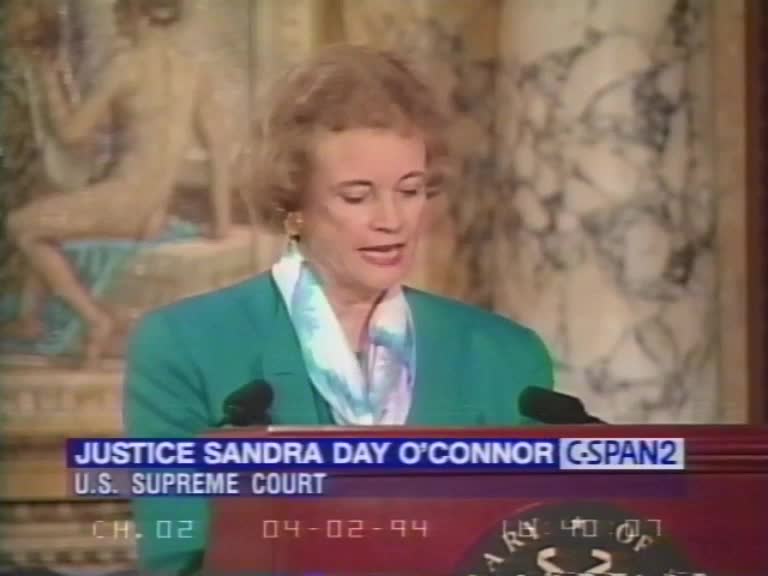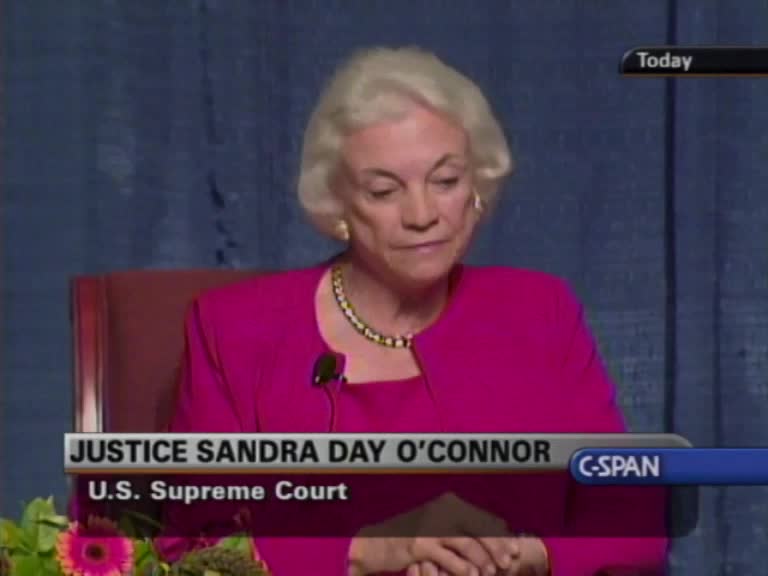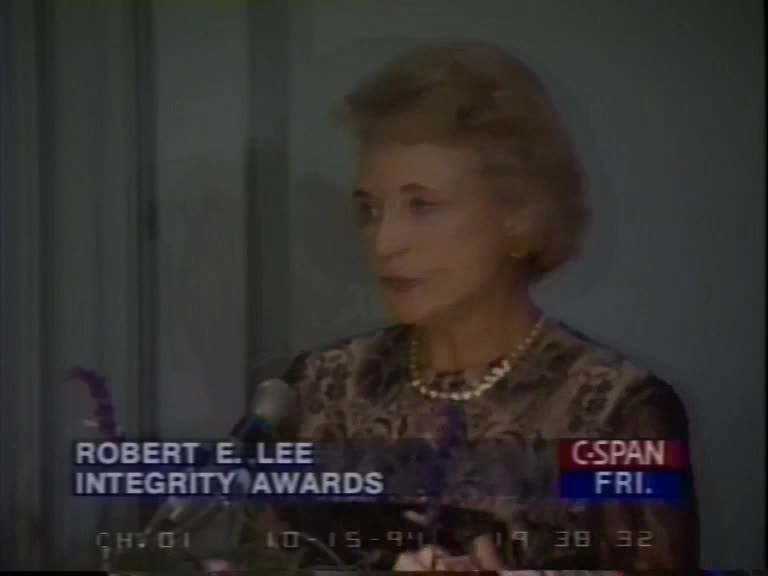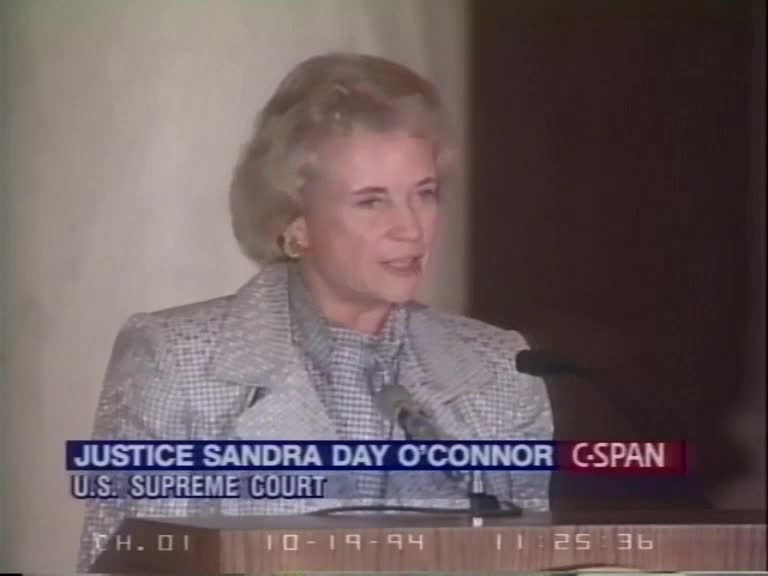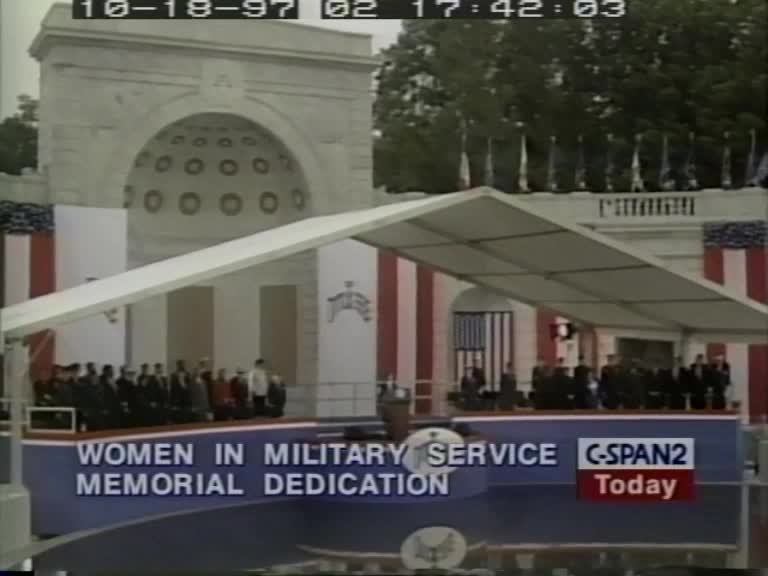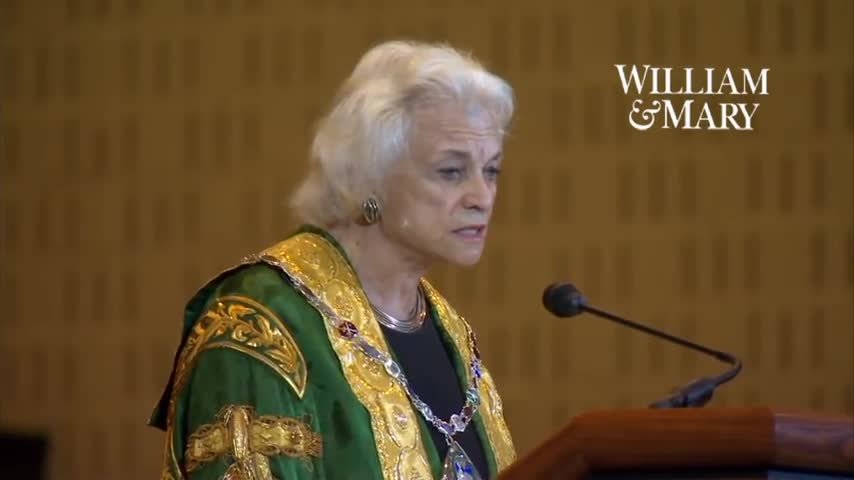“Response” (The Legacy of Chief Justice Rehnquist and Justice O’Connor)
It is not fair to have to follow a speaker as eloquent as Justice Kennedy. And I am not going to try to bend your ears for long. I am very touched by his comments. It was wonderful that you had a chance to hear him talk about our former colleague, William Rehnquist, as well as some remarks about me.
Our Stanford alums have lost two members of the Court who belong to Stanford and who belong to the West. We used to take a lot of pride in how we just needed one more to have a majority on the Court from Stanford. Now I guess the chances of a Court majority from Stanford are not so good. When I started at Stanford Law School back in the Dark Ages, the Law School was in the inner quad. And it was a funny little part of the inner quad–the law library was quite old and musty and we had an owl that lived in the stacks. I used to do homework in that library, and I’d always watch and see where the owl was sitting that day.
Bill Rehnquist was my classmate, and I often sat next to him. I would look over and see what kind of notes he took. I took copious notes. I tried to write down everything the professors had to say. But he ended up each hour with a perfect outline, and he just captured exactly the essence of what was presented. He did a great job. He could have made a fortune on those notes had he chosen to do so.
The Law School then moved into nicer quarters. It was on the outer quad, over near the Business School facing Palm Drive. We thought we were in high cotton when we got there.


